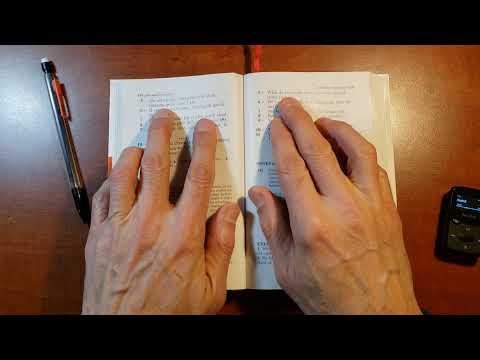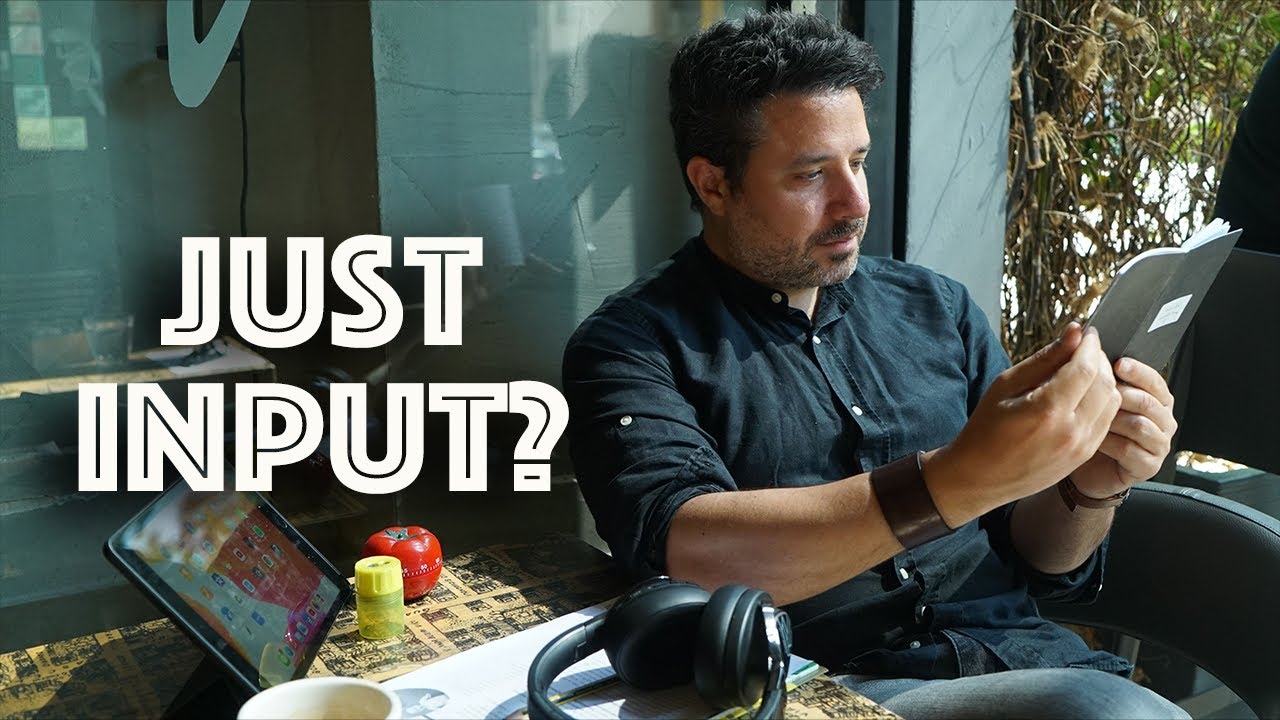With sufficient time I guess one could deduce subjunctive verb tenses. I say, why wait? I’m studying them now with flash cards.
What do you do?
I don’t want to study for five years if I can do it in two.
I dont know but what level on european framework of reference for languages do you expect in 2 years? for listening, speaking and reading. Even if you are studying 16 hours a day for the next 2 years Im not sure if you can pull off C1 across the board.
I had done a lot of passive immersion then someone on another language forum told me to consult a grammar book or take grammar classes. I took formal classes for 4 months in a local language school here in Germany that covered 80% of the grammar including subjunctive verb tenses. The advantage of attending such classes was that the teacher was leading the syllabus systemetically. All I had to do was to show up every day in the class.
I still think that the teacher wasted so much time on doing grammar drills/exercises. The rules did not stick naturally.
Later I found out CHATGPT and created stories (around 600) with all these grammar concepts and read them all on LingQ. Learned all these grammar rules/concepts through stories because that’s how my brain learns through context instead of doing drills. I could use flashcards in Anki but I did not want to waste time manually adding them since I found ChatGPT pretty fast.
How about you? How do your flashcards look like?
Right now I have no issues with German grammar. Reading non-fiction books are fluent readings for me under 7 million words read. At this stage, all I am struggling is to increase my vocabulary range so that I can read novels fluently with minimal vocabulary lookups. Grammar is out the way.
As far as my listening goes, at 4200 mark, I can now understand working class people in my work place. In terms of difficulty I would rank them second highest right after Germans who have dialects (the most diffcult lot). I had no issues understanding Germans working at Bakery, Pharmacy, Libraries and so forth.
It took me 3 years and 4 months. I can forecast where it is leading to and I would say that Matt’s susgested timeline of 5 years is closer to the truth.
If you can cover that ground in 2 years more power to you. Language learning takes time. Please report back your results after 2 years of learning and let us know where you stand.
You shoud not wait because a little bit grammar study everyday will simply help you to comprehend the language. What I have problem with is solving grammar exercises ad nauseum. Seeing those grammar rules while reading a normal book was more than enough for me to cement them. I did not have to allocate extra time on doing those grammar drills.
I don’t expect “the language to reveal itself” to me solely with comprehensible input.
My experience is totally different. Whatever sentences I have spoken until now. They all “emerged”. The whole sentence appears as one whole idea and all I have to do is to speak the whole idea. No conscious thinking about grammar. There was some sort of automaticity. I can not tell you how it happens but it happens. I always feel like this sentence I either heard during my listening or read in the book.
Dr. Brown(wrote a book named “Listening Approach”) would disagree with your hypothesis according to him correct language would emerge on its own but learners do not have patience and can not wait for 4 years to listen and read the language. His learning methodology is impractical for most people. They need a pandemic to happen to impement it.

